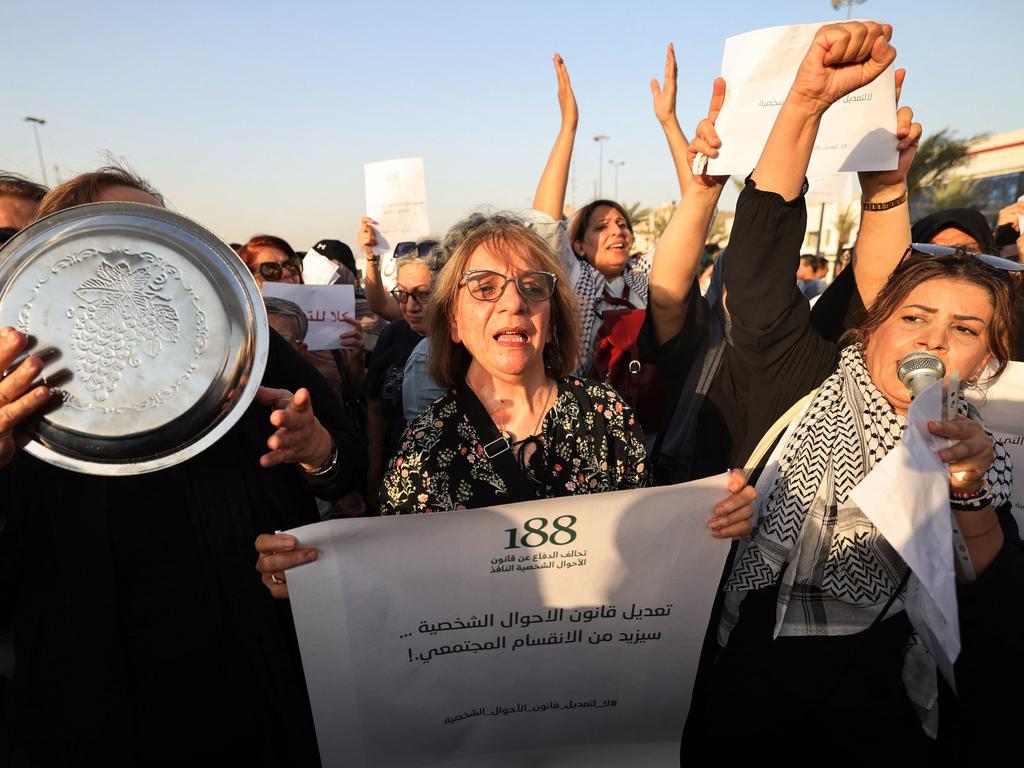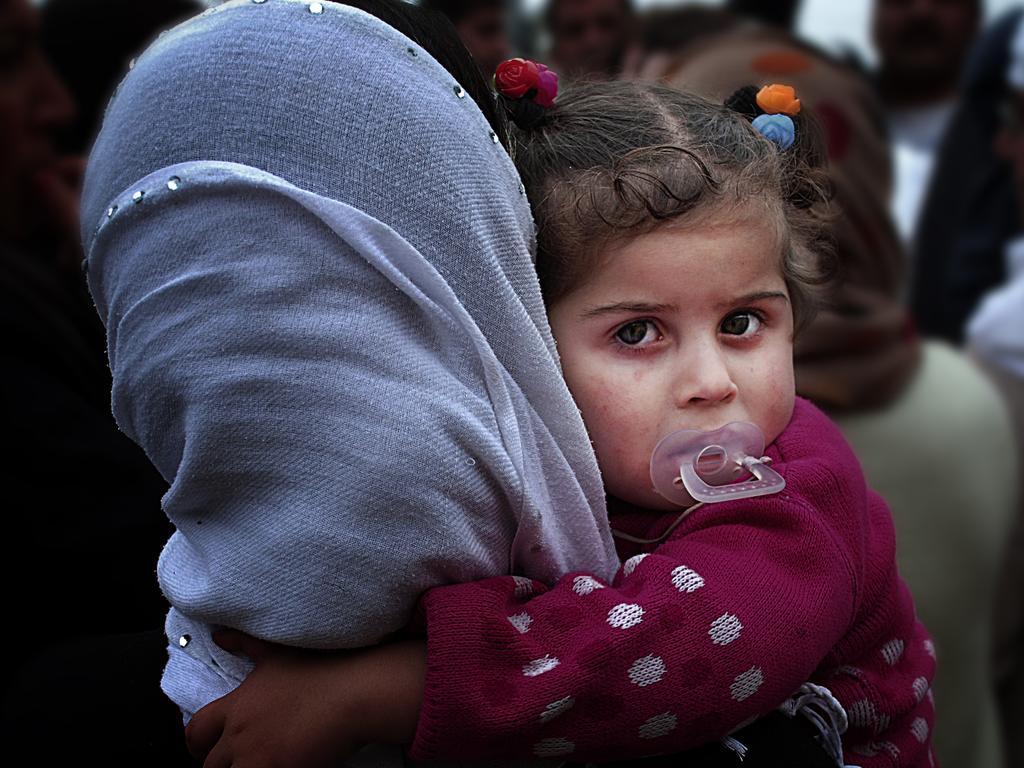‘Legalise child rape’: Iraq to lower the ‘age of consent’ for girls to nine
Iraq is set to lower the legal age of consent from nine years old, a decision that women’s rights activists say will “legalise child rape”.
Iraq is set to lower the age of consent to nine years old, a decision that women’s rights activists say will “legalise child rape”.
The amendment to the country’s “personal status law” – also known as Law 188 – would allow adult men to marry young girls, putting them at increased risk of sexual and physical violence, as well as deprive women of rights to divorce, child custody and inheritance.
Established in 1959, Law 188 was viewed as one of the most progressive in the Middle East, acting as a safeguard for families, regardless of religious sect.
The proposal to overturn it is the latest step in a more than decade-long push to erode women’s rights by conservative Shia Muslim groups, a coalition of which now dominate the Iraqi parliament.
While Iraq has outlawed marriage under the age of 18 for almost 70 years, a 2023 UNICEF survey found that 28 per cent of girls in Iraq had married before they reached 18 because of a loophole in Law 188 that allows religious leaders, instead of courts, to officiate marriages involving girls as young as 15, with the permission of their father.
This latest move aligns with a strict interpretation of Islamic law, the governing coalition said, and is intended to protect young girls from “immoral relationships”.

Previous attempts by Shia parties to amend Law 188 failed in 2014 and 2017, largely due to backlash from Iraqi women.
Given it now has a large parliamentary majority, however, and a second reading of the amendment passed on September 16, Chatham House senior research fellow Dr Renad Mansour said it’s likely this time it will get over the line.
“It’s the closest it’s ever been,” Dr Mansour told The Telegraph.
“It has more momentum than it’s ever had, primarily because of the Shia parties.
“It’s not all Shira parties, it’s just the specific ones thatg are empowered and are really pushing it.”
It’s not yet clear when the amendment will go before parliament for a vote, Dr Mansour said, but it could come at any moment.
A coalition of groups – including Iraqi MPs – have opposed the law change, with their co-ordinator, Raya Faiq, describing it to The Guardian in August as “a catastrophe for women”.
“My husband and my family oppose child marriage,” she said, before highlighting the consequences of the change for future generations.
“But imagine if my daughter gets married and my daughter’s husband wants to marry off my granddaughter as a child. The new law would allow him to do so.
“I would not be allowed to object. This law legalises child rape.”

International human rights adviser and director of Model Iraqi Woman, Athraa Al-Hassan, told The Telegraph she is “afraid” the nation’s system of governance will soon be replaced with one known as the Guardianship of the Jurist.
The Shia system, which undermines the regimes in Afghanistan and Iran, puts religious rule above the state.
“What they aspire to in parliament is not in the interest of society, but their personal interest,” Ms Al-Hassan said.
“We are defending the rights of women and girls (and) protecting Iraqi society from disintegration and the establishment of sectarianism among the social fabric.”
One of 25 female Iraqi MPs who have tried to stop the amendment, Alia Nassif, told The Guardian that the thinking of her male counterparts is “narrow minded”.
“Unfortunately, male MPs who support this law speak in a masculine way, asking what’s wrong with marrying a minor?” Ms Nassif said.
“They don’t take into consideration that they are the legislators that determine people’s fate … but rather follow their masculine thinking to authorise all this.”






